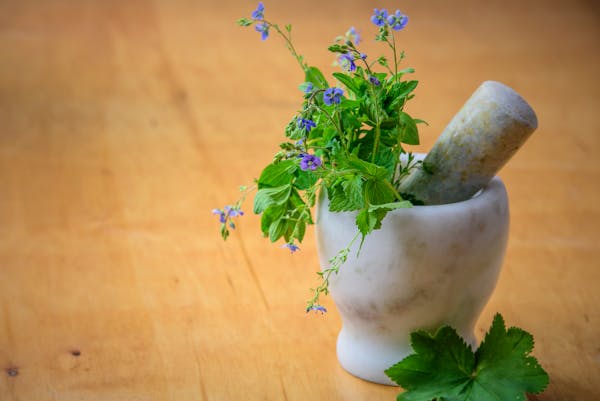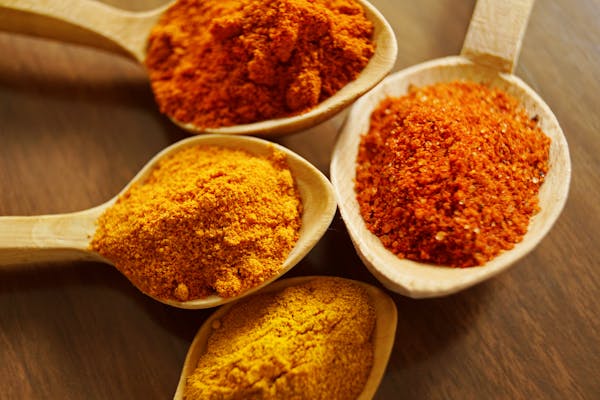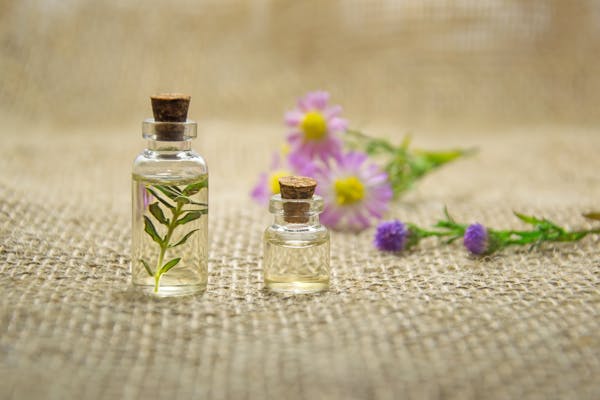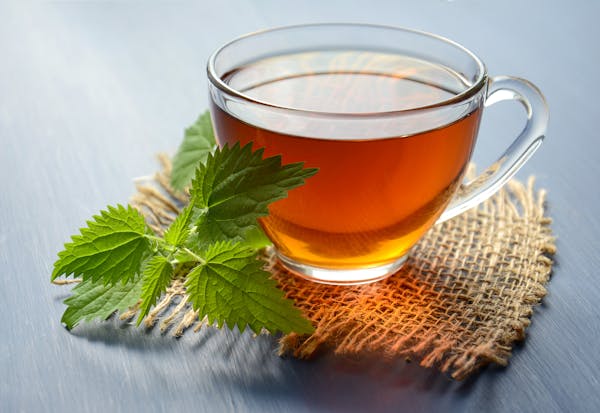Flax seeds or Alasi seeds are being used over the centuries, generally recognized as safe for human consumption. High in 'Dietary Fiber' it may help in ailments such as heart disease, breast cancer and diabetes
Linseed or Flax
Did you know that Linseed, also known as Flax, a plant that yields brown or golden seeds, one of the world’s renowned super foods, with India ranking first in its production in terms of area cultivated, contributing about 10 % of world production?
Did you know that Linseed or Flax, a flowering plant, is cultivated for its seeds which are not only used in Indian cooking as Linseed oil and eaten as a supplement as well, but also used initially in regions of the world with temperate climates as fiber for industrial processes such as making linen?
The plant species of Linseed or Flax is known only as a cultivated plant and appears to have been domesticated just once from the wild species Linum bienne, called pale flax. The bark of the plant has good fibre quality and high durability, so most of it is used to weave cloth called linen. Flax seeds, also known as Linseed, have a crunchy texture and chestnut flavour. Flax seeds are 7% water, 18% protein, 29% carbohydrates, and 42% fat. Seeds with oil after refining are used edible purposes.
Flax fiber, known since ancient times, is extracted from the bast beneath the surface of the stem of the flax plant. Flax fiber is soft, lustrous, and flexible; bundles of fiber have the appearance of blonde hair, hence the description "flaxen" hair. It is stronger than cotton fiber, but less elastic.
India ranks first among the top flax seed producing countries. Cultivated for years, in terms of area it accounts for 23,.8 % of total production in terms of area and third in production, contributing to 10.2% of world prodcution. In India, flax seeds are mainly grown in Madhya Pradesh, Maharashtra, Chattisgarh, and Bihar. In Indian vernacular languages it is known as: Alasi in Hindi, Urdu, Gujarati and Punjabi; Agase, Agasebeeja, Semeagare in Kannada; Ali Vidai in Tamil; Jawas or Alashi in Marathi; Tishi or Pesi in n Bengali; Agastha, Cheruchanavith, or Cheruchana Vithu in Malayalam; Umaa, Ksumaa in Sanskrit; Ali, Virai in Tamil; and Avise Ginzalu in Telugu.
Linseed or Flax, botanically called Linum Usitatissimum with relation to Linaceae family, is an erect annual herb, 0.6-1.2 m high, extensively cultivated throughout the plains of India upto an altitude of 800 m. Its leaves are glaucous green, slender lanceolate, 20–40 mm long, and 3 mm broad. The flowers are pure pale blue, 15–25 mm in diameter, with five petals. The fruit is a round, dry capsule 5–9 mm in diameter, containing several glossy brown seeds shaped like an apple pip, 4–7 mm long. Its capsule ripen by end of June, dried seeds are separated from capsule by thrashing.
People have been consuming flax seeds since ancient times. In India, flax seeds, alternately known as linseeds, are consumed as food and also for medicinal purposes. It is considered an attractive nutritional food because of its exceptionally high content of alpha-linolenic acid ( ALA), high quality fibre and protein, lignans, vitamin E, phenolic compounds and phytoestrogen.
Flax seeds or Alasi seeds are being used over the centuries, generally recognized as safe for human consumption. High in 'Dietary Fiber' it may help in ailments such as heart disease, breast cancer and diabetes. Alsi seeds also have a unique characteristic to make you feel satiated when these seeds are eaten before meal. Thus, it reduces food craving and excessive hunger that occurs in obese people. Therefore, these seeds are also good to include in the diet plans for losing weight. Linseed meal, the by-product of producing linseed oil from flax seeds, is used as livestock fodder.
Linseed oil is used as a drying oil in paints and varnishes and in products such as linoleum and printing inks.
- Narasipur Char























No comments:
Post a Comment